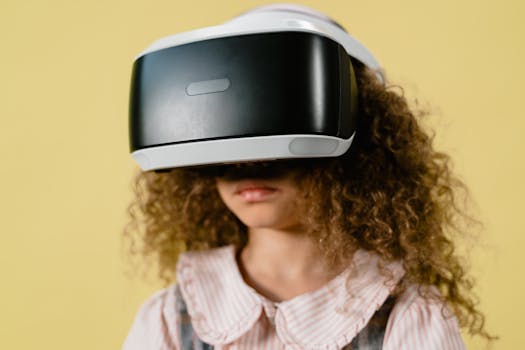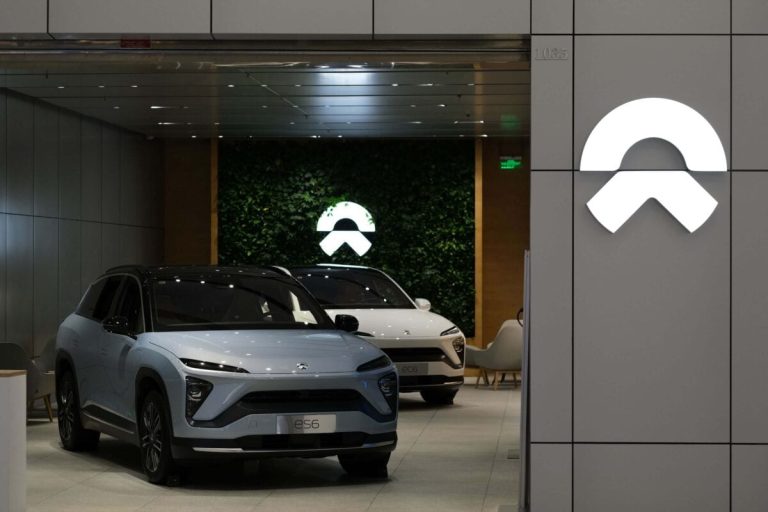
“`html
Introduction
The future of education is a topic that has sparked considerable interest among educators, policymakers, and students alike. As we approach 2025, it’s clear that the landscape of education is evolving rapidly, driven by technological advancements and changing societal needs. In this article, we will explore what the future of education holds, focusing on key trends and innovations that are expected to shape learning experiences.
Section 1: Technological Integration
One of the most significant trends in the future of education is the integration of technology into the learning process. By 2025, we can expect to see a more widespread use of artificial intelligence (AI), virtual reality (VR), and augmented reality (AR) in classrooms. These technologies will not only enhance engagement but also provide immersive learning experiences that cater to different learning styles.
Section 2: Personalized Learning
Personalized learning is another critical aspect of the future of education. With advancements in data analytics and AI, educators will be able to tailor learning experiences to individual students’ needs, preferences, and pace. This approach will help promote student engagement and improve outcomes, as learners will have the opportunity to focus on areas where they need the most support, much like the principles found in timeless beauty and elegance.
Section 3: The Role of Educators
As technology continues to reshape education, the role of educators will also evolve. By 2025, teachers will become facilitators and guides rather than traditional lecturers. This shift will require educators to develop new skills and adapt their teaching methods to incorporate technology effectively while fostering critical thinking and problem-solving skills in students.
Section 4: Lifelong Learning and Upskilling
The concept of lifelong learning is gaining traction as the job market evolves. By 2025, we can expect to see more emphasis on upskilling and reskilling opportunities, allowing individuals to adapt to changing job requirements. Educational institutions will need to offer flexible learning options, such as online courses and micro-credentials, to accommodate learners of all ages.
Conclusion
The future of education in 2025 is poised to be more innovative, personalized, and accessible than ever before. As technology continues to advance, it will play a crucial role in shaping how we learn and teach. By embracing these changes, educators, students, and institutions can work together to create a more effective and inclusive educational landscape.
“`






